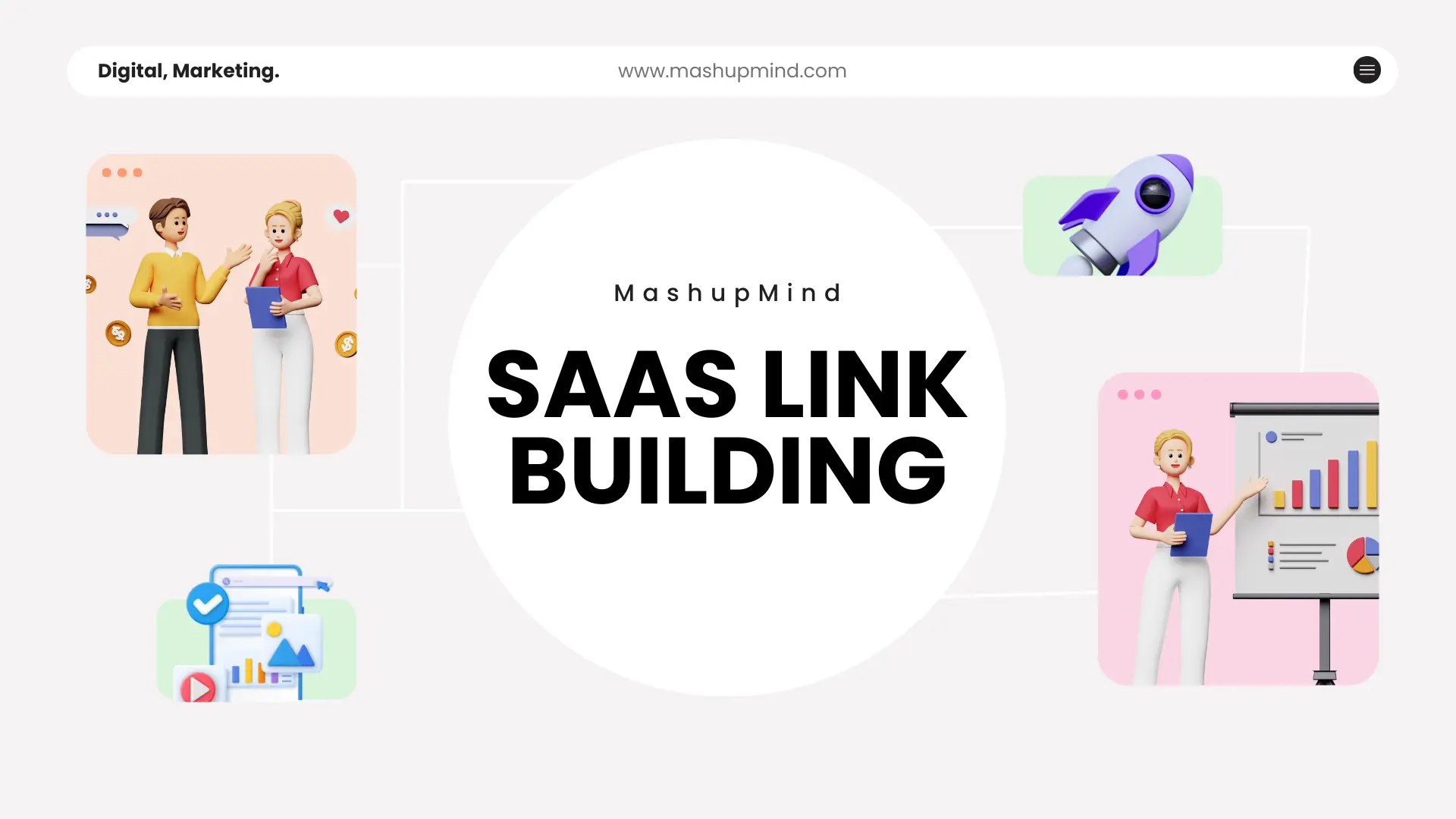Artificial intelligence (AI) is transforming various industries, and knowledge management (KM) systems are no exception. By integrating AI into KM systems, businesses can enhance how information is captured, organized, and utilized. AI allows faster data processing, more efficient decision-making, and improved collaboration. Below, we will explore how AI revolutionizes knowledge management systems, focusing on automation, decision-making, and collaboration.
AI-Driven Automation in Knowledge Capture and Organization

AI can potentially revolutionize capturing and organizing knowledge within an organization. Traditional knowledge management methods are often time-consuming and prone to human error, but AI can automate much of this process, reducing the manual effort involved. With machine learning algorithms, an AI knowledge management system can analyze vast amounts of data, categorize information, and ensure it is stored in an accessible format.
Automation through AI enhances the efficiency of knowledge retrieval by tagging and indexing content based on its context and relevance. This eliminates the need for labor-intensive manual tagging and allows employees to quickly find the necessary knowledge without sifting through irrelevant content. AI tools can also automatically extract important information from various sources, such as emails, documents, and web pages, and organize it into structured data.
In addition to capturing and organizing data, AI can continuously improve these processes. As the system is exposed to more information, it learns to recognize patterns and adjust its methods for categorizing knowledge more effectively. This dynamic nature of AI helps organizations maintain organized knowledge bases that remain up-to-date and highly relevant. AI learning platforms like Coursiv reflect this approach by focusing on how systems evolve through ongoing interaction with data rather than static rule sets.
AI also plays a critical role in knowledge management systems by enhancing data accuracy and quality. Through natural language processing (NLP) and machine learning, AI can identify discrepancies, inconsistencies, or outdated information. This ensures that the knowledge shared across an organization is accurate and relevant, further increasing the value of the knowledge management system.
Improving Decision-Making with AI in Knowledge Management

AI is a powerful tool for enhancing decision-making within knowledge management systems. By analyzing large datasets, AI can extract valuable insights that human employees might miss. These insights can guide strategic decisions, solve problems, and identify new organizational opportunities.
AI’s key decision-making advantage is its ability to process unstructured data, such as text documents or social media posts. These sources of information contain valuable knowledge that often goes untapped due to their complexity. AI systems, however, can analyze these types of data and uncover hidden insights that can improve decision-making, making the knowledge management system more comprehensive and effective.
Moreover, AI-powered decision support systems can provide real-time recommendations based on current data. These recommendations help leaders and employees take immediate action when time-sensitive decisions need to be made. Whether advising on resource allocation or identifying the best course of action for a project, AI is an invaluable tool for enhancing decision-making in knowledge management systems.
Furthermore, AI can predict future trends and outcomes by analyzing historical data, allowing organizations to plan proactively. By leveraging AI’s predictive capabilities, companies can make more strategic, data-driven decisions aligned with future goals. This ability to forecast potential challenges or opportunities enables businesses to stay ahead of the curve and maintain a competitive edge in their industries.
Also Read: Java Method Server
AI Tools for Enhancing Collaboration and Knowledge Sharing
AI tools are significantly enhancing collaboration and knowledge sharing across organizations. One of the most effective ways AI contributes to collaboration is through advanced communication tools, such as chatbots and virtual assistants. These tools can provide instant access to information and facilitate seamless communication between team members, regardless of location or time zone. This fosters an environment where knowledge sharing becomes more efficient and accessible.
In addition to communication tools, AI-driven platforms can recommend relevant resources to employees based on their current projects and interests. By analyzing user behavior and preferences, AI can suggest documents, articles, or experts to aid their tasks. This proactive recommendation system ensures that individuals can access the most relevant knowledge, accelerating the sharing of insights and fostering collaboration.
AI also helps improve the overall user experience of knowledge management systems by offering personalized interfaces. These systems can adapt to users’ needs, presenting relevant information based on their role, department, or ongoing tasks. This level of personalization enhances collaboration efficiency, as users can easily access the information they need to work together effectively.
Altogether, AI transforms knowledge management systems by automating data capture, enhancing decision-making, and improving collaboration. As businesses continue to integrate AI, they will experience more efficient, accurate, and innovative knowledge management practices that drive growth and success.







